At the 32nd Afreximbank Annual Meeting in Abuja, former Nigerian President Olusegun Obasanjo delivered a scathing critique of Africa’s leadership failures, singling out overdependence on foreign assistance as a major developmental roadblock. The elder statesman didn’t mince words as he assessed the continent’s stagnation before an audience of financial leaders and policymakers.
“We all rush to China to borrow $20 billion, yet one African country alone has the capacity to generate that kind of money domestically,” Obasanjo declared. “But we won’t because we’re addicted to foreign help. That is not how we will move forward.”
His remarks spotlighted what he called a crippling cycle of external dependency among Africa’s supposed economic powerhouses.
The former president called out Nigeria, Egypt, Ethiopia, DR Congo, and South Africa – nations he said possess all the demographic and resource advantages to drive continental progress but have instead delivered “either regression or stagnation over the past three decades.”
While acknowledging Egypt’s relative advancement, Obasanjo lamented that others keep taking “two steps forward and one step back.”
“The potential for collective African progress remains dim unless these key countries begin to show meaningful growth and leadership,” he warned, reserving particular concern for Nigeria’s squandered potential.
The nation’s progress, he argued, remains “shackled by corruption, ignorance, and persistent dependence on foreign assistance.” Obasanjo traced this underperformance to what he called a dangerous knowledge gap among African leaders regarding global economic dynamics.
“How much of the world do our leaders even understand?” he questioned pointedly. “If we understand it, we will get things right not just nationally, but at the community, subregional, and continental levels.”
The blistering assessment came as Afreximbank convenes to discuss Africa’s trade and development financing challenges. Obasanjo’s intervention served as both indictment and wake-up call – challenging African nations to break what he framed as a self-defeating reliance on external solutions for internally solvable problems.

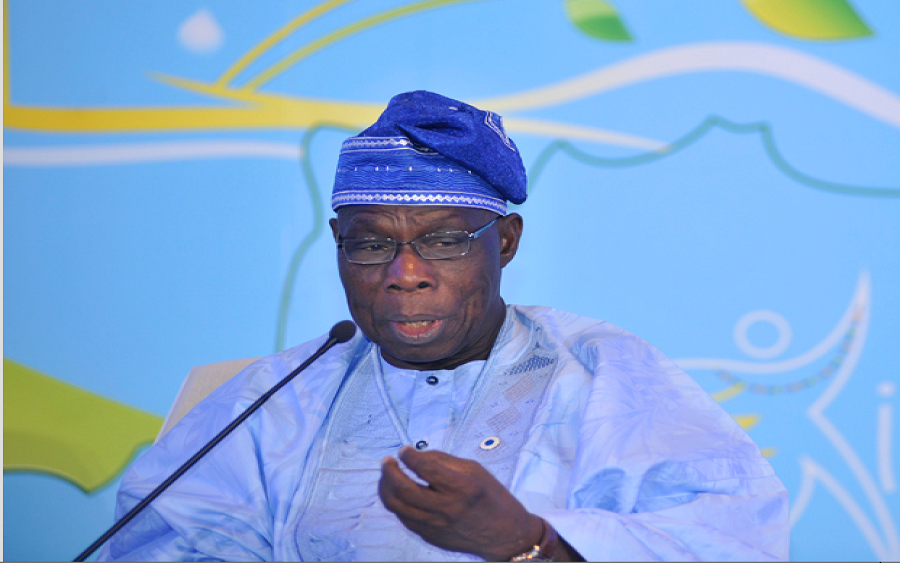
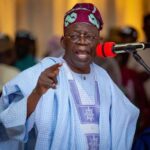
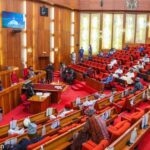



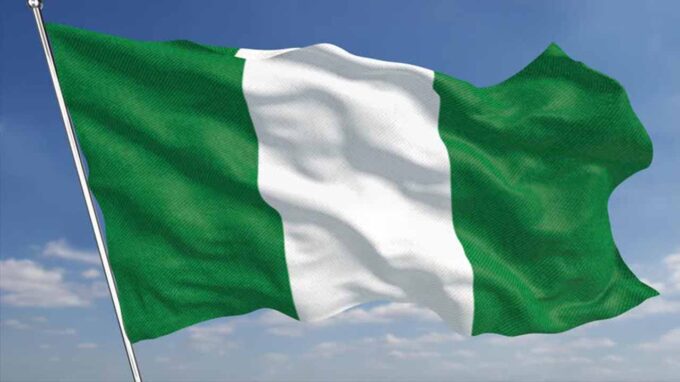

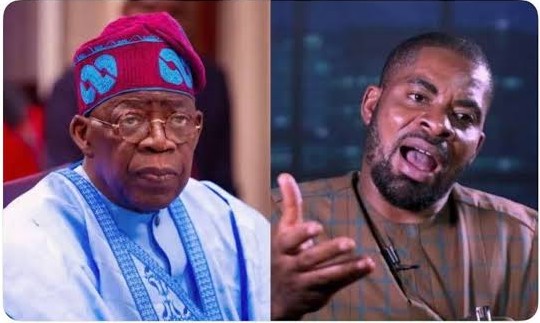
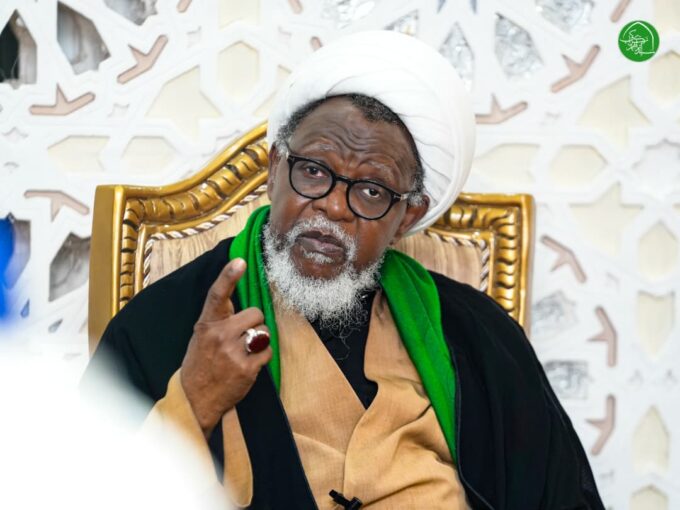




Leave a comment